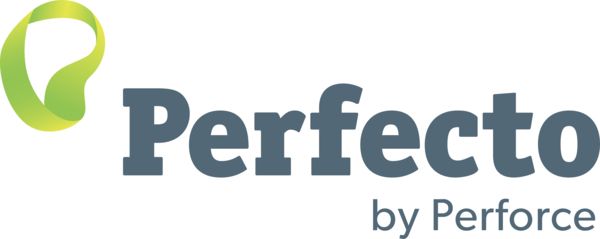Selenium 4 Beta 1 Released
We’re very happy to announce the release of the first beta of Selenium 4. We’re shipping this for Java, .Net, Python, Ruby, and JavaScript, so if you’re using any of those languages, go and grab it from your package manager of choice!
This has been the culmination of a lot of work by so many people, not only the project TLC, but also of literally hundreds of people: 205 since we released Selenium 3.141.59, at the last count. A big thank you to everybody who’s helped make this possible!
So, what’s changed since Selenium 3? The answer is both “not much” and also “almost everything”.
By “not much”, I mean that if your tests are working with Selenium 3 right now, you should be able to just upgrade your dependency to Selenium 4. You will find that things that were marked “deprecated” are now gone, but the advantage of the long time between the last Selenium 3 release and this is that you’ve had plenty of time to try and find alternatives.
If this doesn’t work, please let us know! We’ve worked hard to ensure compatibility between the releases, but it’s possible we may have missed some things.
One thing you may want to do to get ready for the update (which you can do before updating the dependency itself!) is to update the drivers you need. In particular, please update geckodriver to 0.29.0 or later.
By “almost everything”, I mean that under the covers there have been substantial changes. We’ve rewritten the Selenium server to allow it to work not only in the familiar “standalone” and “hub and node” modes, but also in a new “distributed” mode, which makes it signifcantly easier to deploy to something such as Kubernetes in a way that scales well.
The new server is also wired up with support for OpenTelemetry and exposes a GraphQL endpoint, so that figuring what’s going on in the Grid, and tracking down what’s gone wrong if something happens, is easier than ever.
Not all the changes are server-side. We recently wrote about the new features in Selenium 4 that you can use in your tests, but some of the main highlights are:
- Relative locators, for finding elements using terms that make sense to us humans.
- The ability to intercept network traffic
- Authentication with basic or digest authentication.
We’ll be telling you more about these features in later blog posts, and as we improve our documentation.
If this sounds interesting, please download the beta from your favourite package manager (maven, nuget, npm, pip, or the gem), or directly from the Selenium site.








